More and more people seem to be following plant-based diets and looking for complete protein sources to supplement their protein intake. One of the biggest challenges for vegan athletes is getting enough high quality, complete, protein without having to eat tons of calories from combining carb sources and getting fat.
The only way vegans can acquire all the requisite amino acids that muscle cells require is to combine plant sources of protein. The most common combo, with which everyone is familiar, is the combination of rice and beans. Either one on its own does contain "protein,” in the form of various amino acids, but not all the essential amino acids are present to make the protein complete. Combined, however, and all the essential requirements are met. But at a cost.
You'd have to eat almost 2,000 calories worth of beans and rice to get as much complete protein as you'd get in a small, 5oz, can of chunk light tuna fish packed in water (about 150 calories)!
The equivalent of a little can of tuna is just not enough for a full-grown adult athlete to gain and/or maintain muscle mass. But it sure is enough to make you fat, because you're going to need an awful lot of beans and rice to get enough complete protein to make any appreciable gains in muscle mass.
The completeness of the protein is really important if your goal is to support muscle. All nine essential amino acids, including the branch chain amino acids, must be present in the protein you consume for muscle cells to benefit. These amino acids are termed “essential” because your body cannot synthesize them or synthesize them in adequate amounts. You must get them from dietary sources. Animal protein – meat – is the best source because all the amino acids that are essential are present. If just one essential amino acid is missing, the protein can't be used to service muscle cells and will be converted to glucose and used for energy and/or stored as fat – it can not be used to build or maintain muscle.
What about soy?
Soy seems to be the fallback protein source for vegans. The problem is, soy is a bean, and just like all beans, the protein they contain is missing some of the essential amino acids it needs to be a complete protein. So, what manufacturers do is fortify (spike) their soy proteins with various amino acids to make the protein complete. While that may yield a complete protein source, it's not all-natural and certainly not organic.
The bigger problem is that Soy contains a high concentration of isoflavones, a type of plant estrogen (phytoestrogen) that is similar in function to human estrogen, but with weaker effects. Not no effects, just weaker. Regardless, there is no athlete – male or female – who's going to want anything containing estrogen. Photo or otherwise. Hence, athletes pretty much stay away from soy.
Clearly, vegan athletes need a high quality, all-natural, organic, complete protein supplement. One that only uses all organic, non-GMO, non-animal sourced protein blends, such as those containing pea protein isolate, brown rice and hemp seed proteins. These non-animal sourced proteins combine to provide complete dietary protein, with all the essential, amino acids – including the branch chain amino acids. For the best vegan health, those sources must be all organic, with no soy, no gluten, artificial flavors or sweeteners. It should probably also contain some fiber, not to mention be available in all-natural, non-GMO, organic flavors. And, they should make it taste good.
The need for vegan athletes to find an acceptable, high quality, great-tasting, all-natural and organic supplemental protein source is real. So is the search for it. Read the labels and do your research. Make sure you're not getting a high estrogen soy protein, or blends containing gluten or other fillers. If you're a vegan athlete, your protein source is one of the most important choices you will make. Choose wisely.....
Make sure your vegan protein meets these important parameters:
- All Organic
- Non-GMO
- No Soy
- Gluten-Free
- Complete Protein



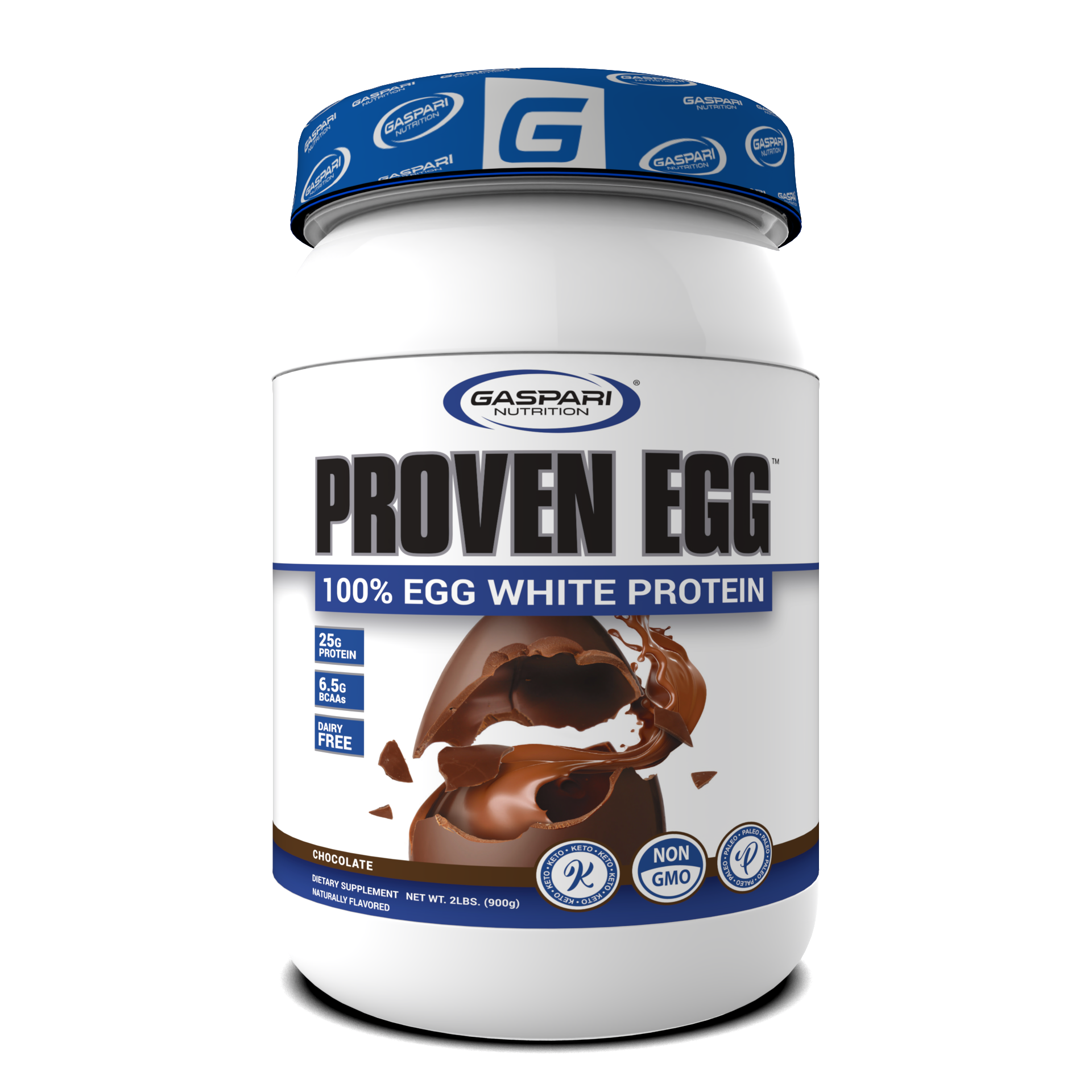



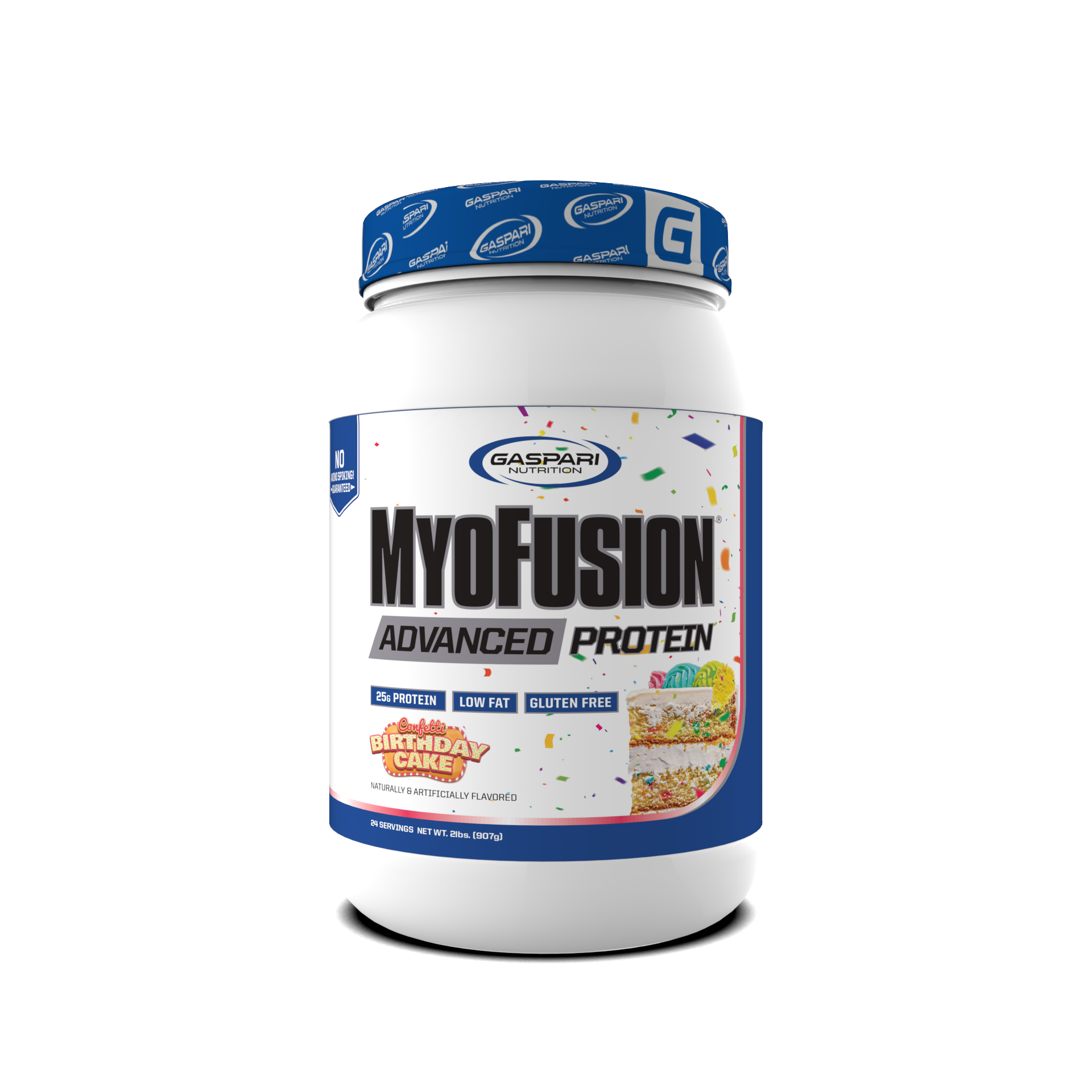



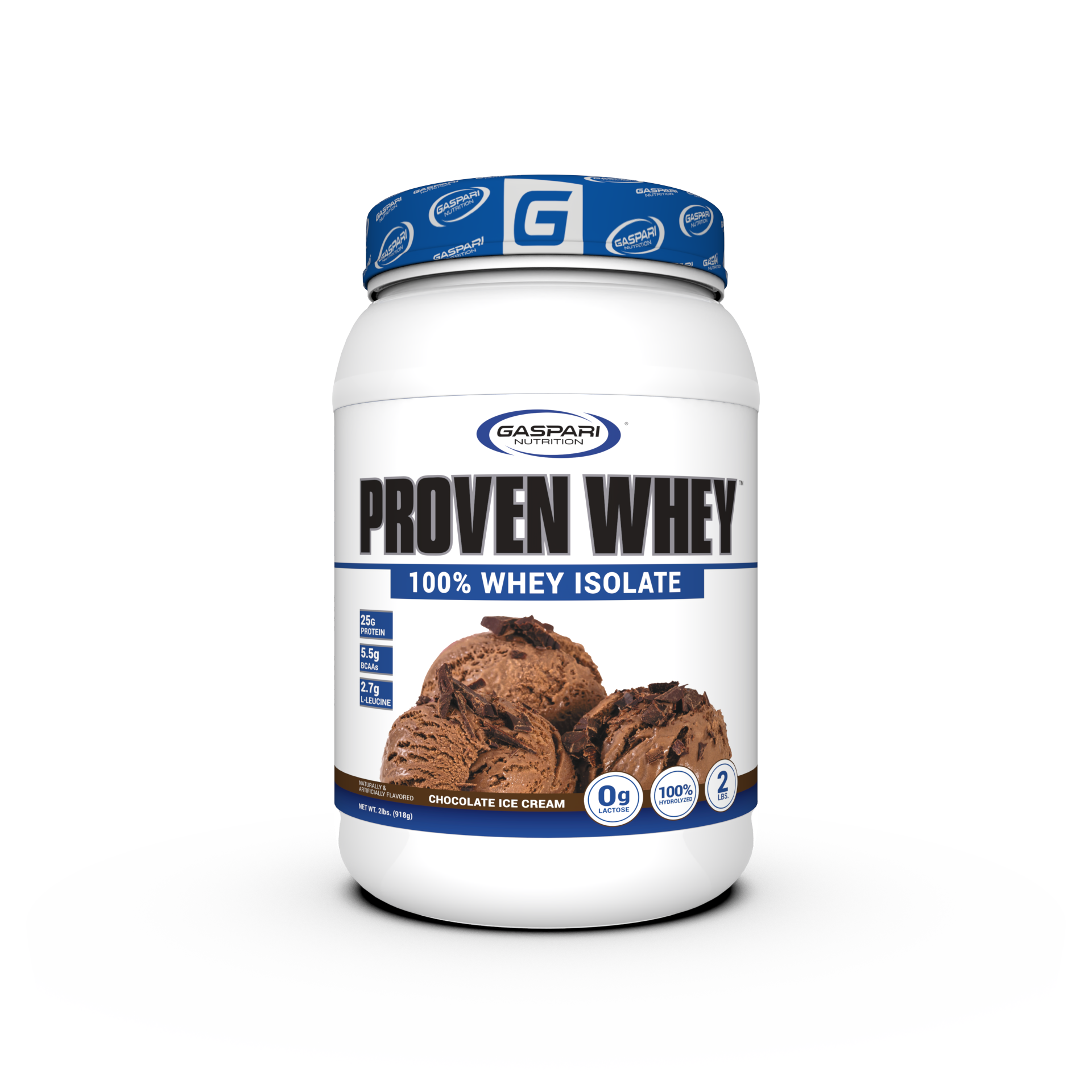




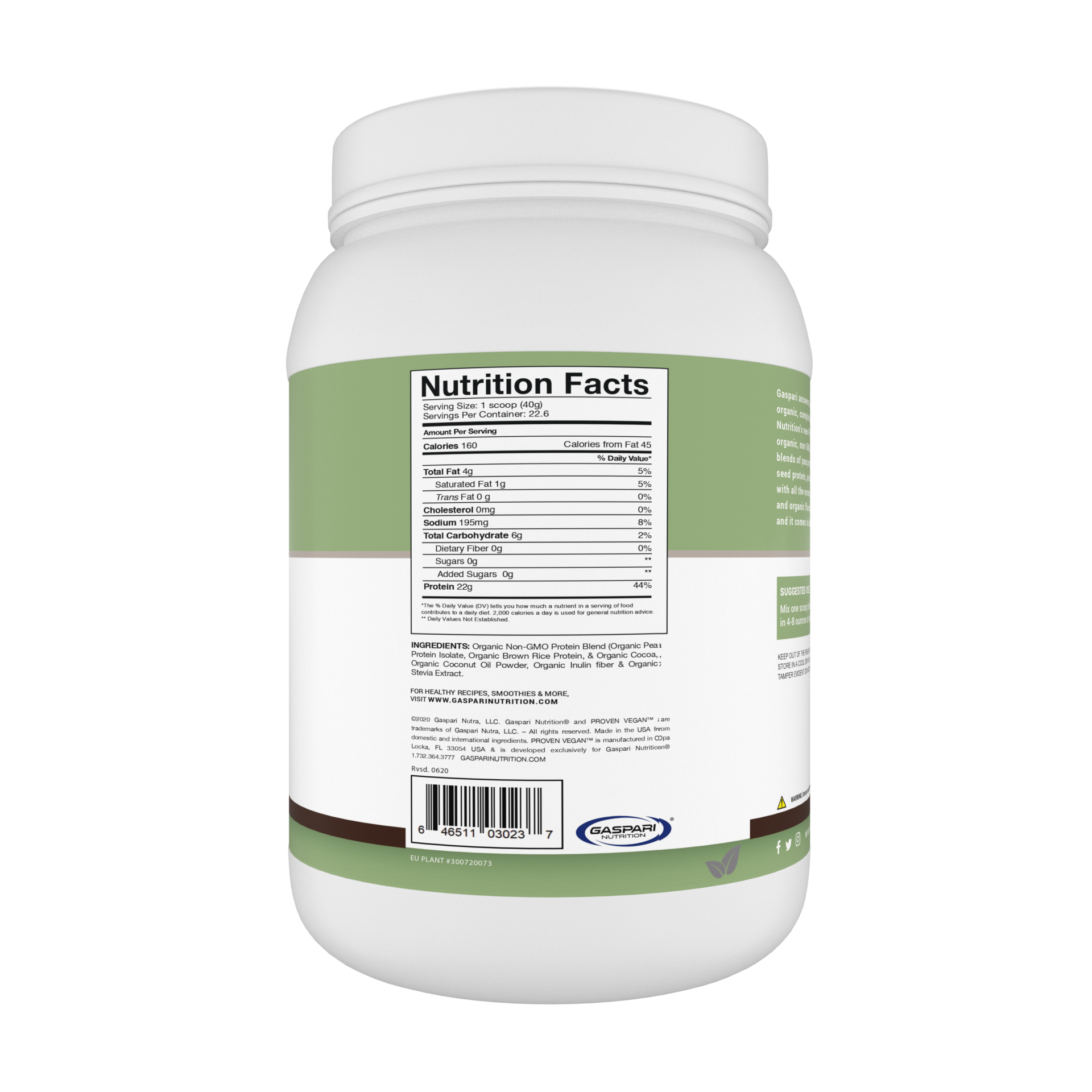






















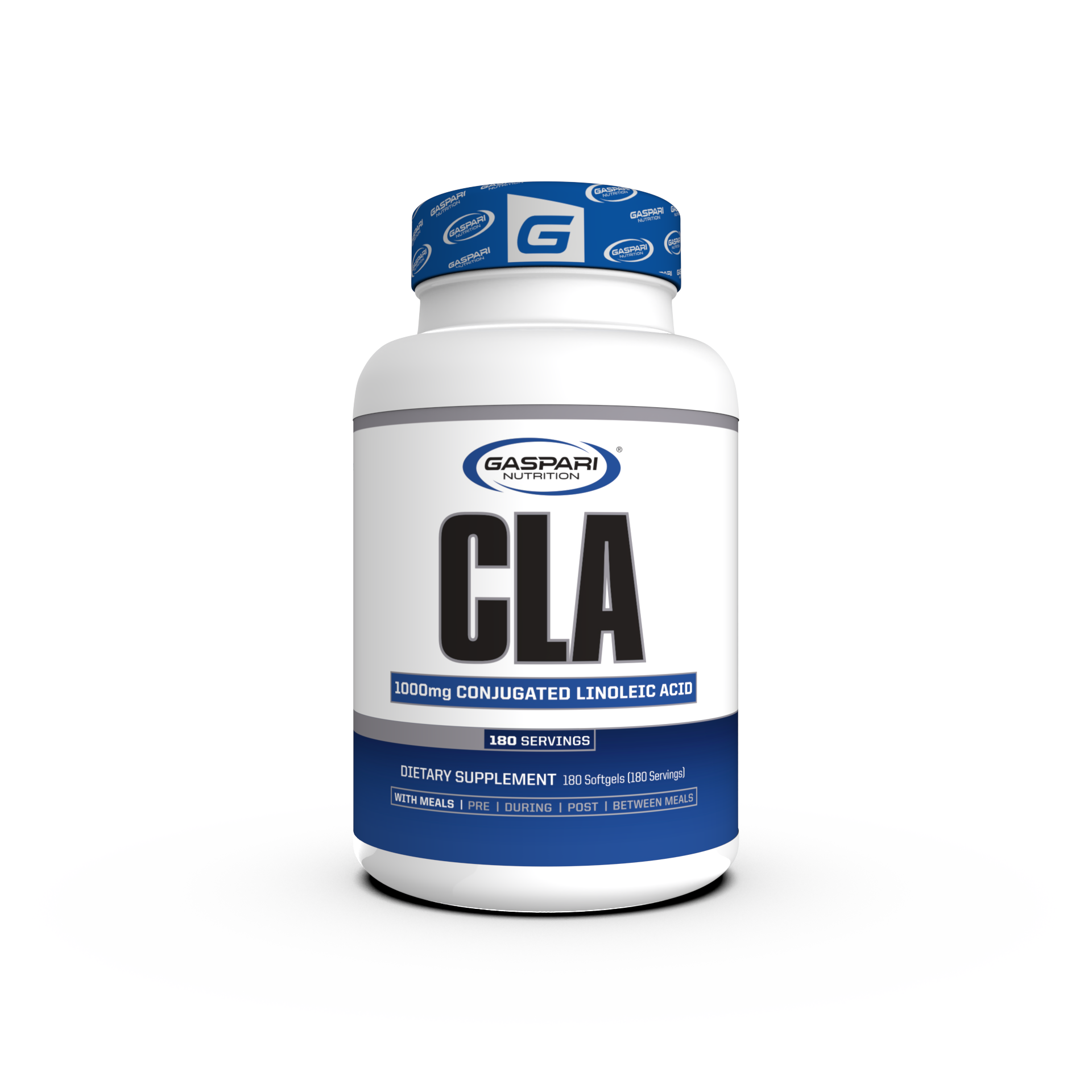



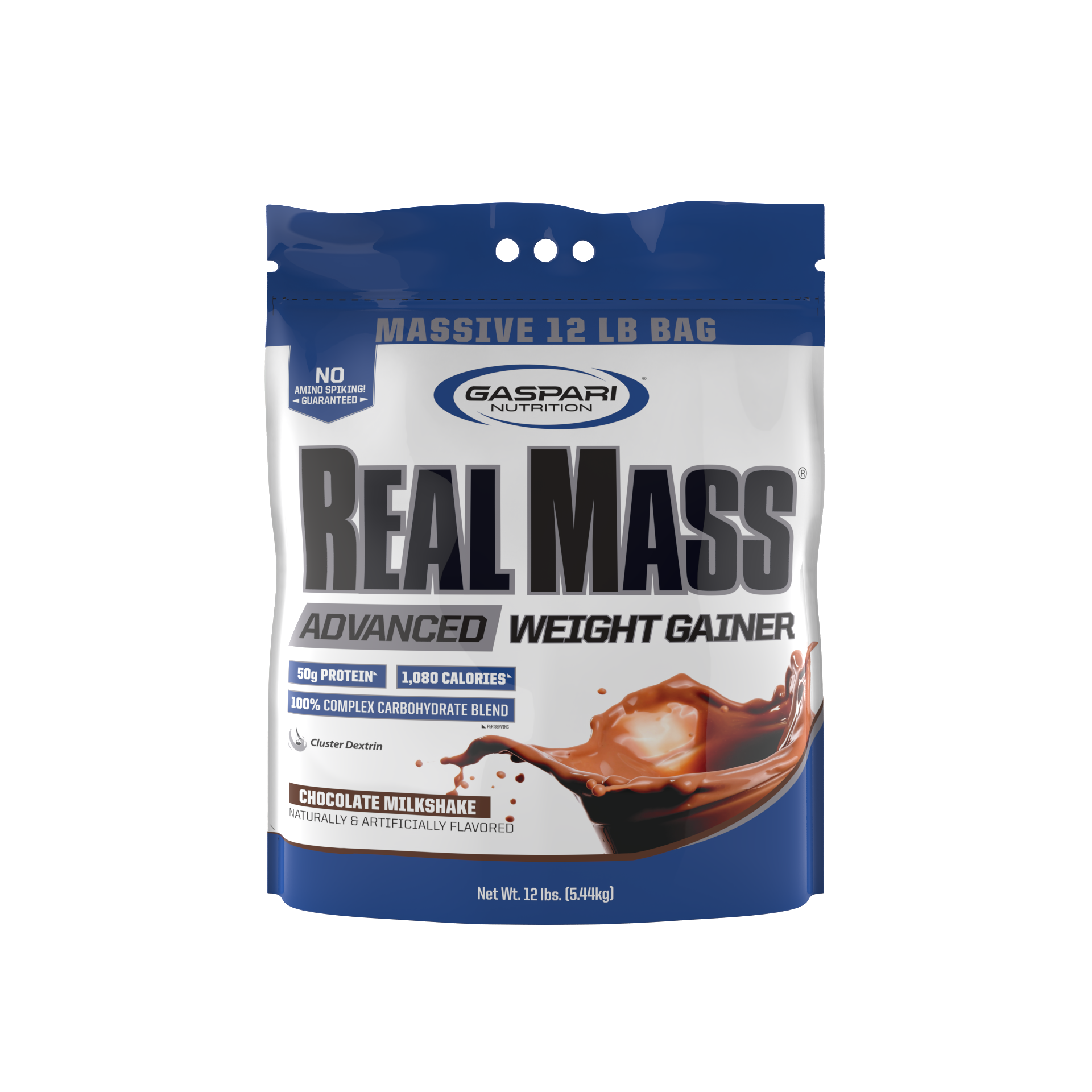











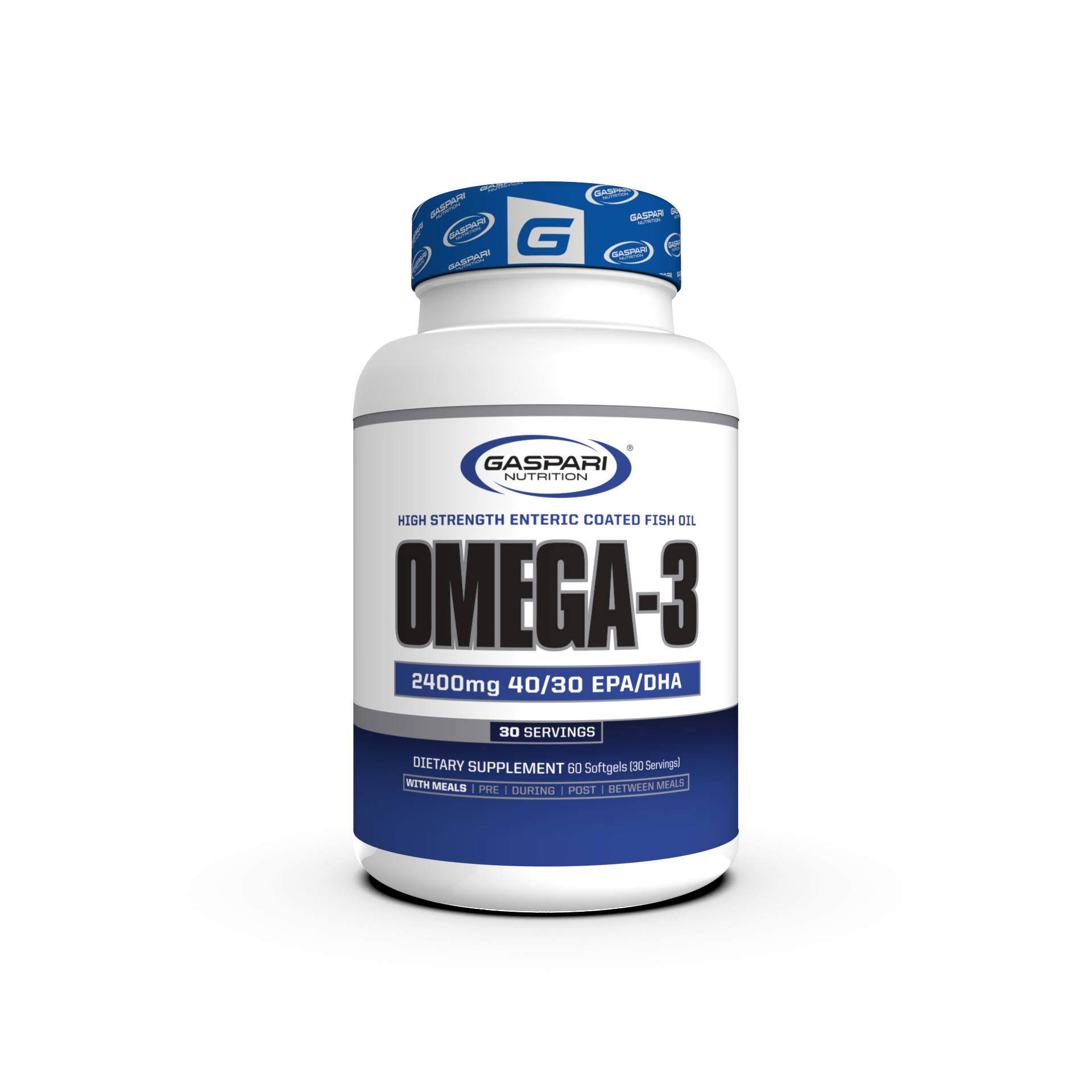



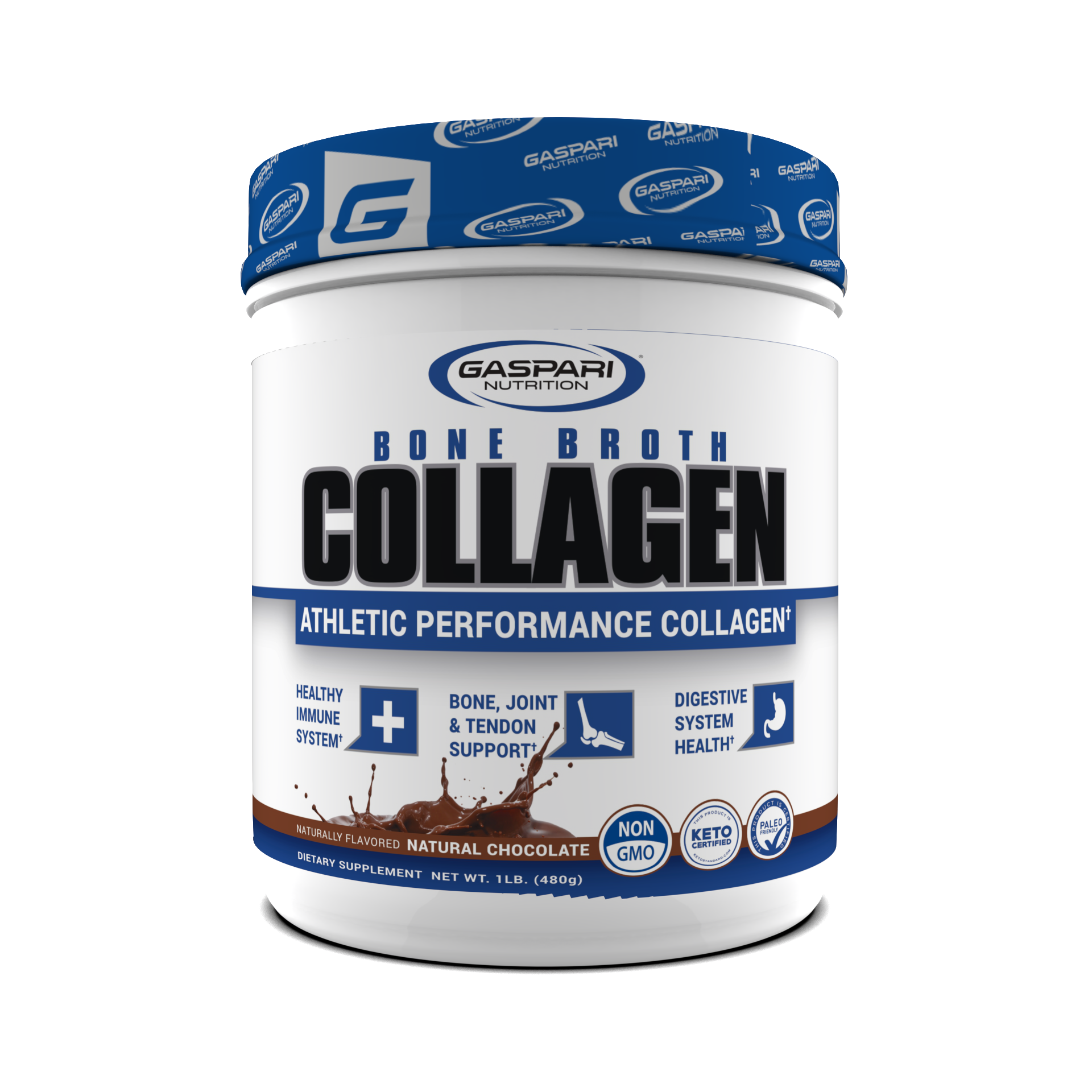



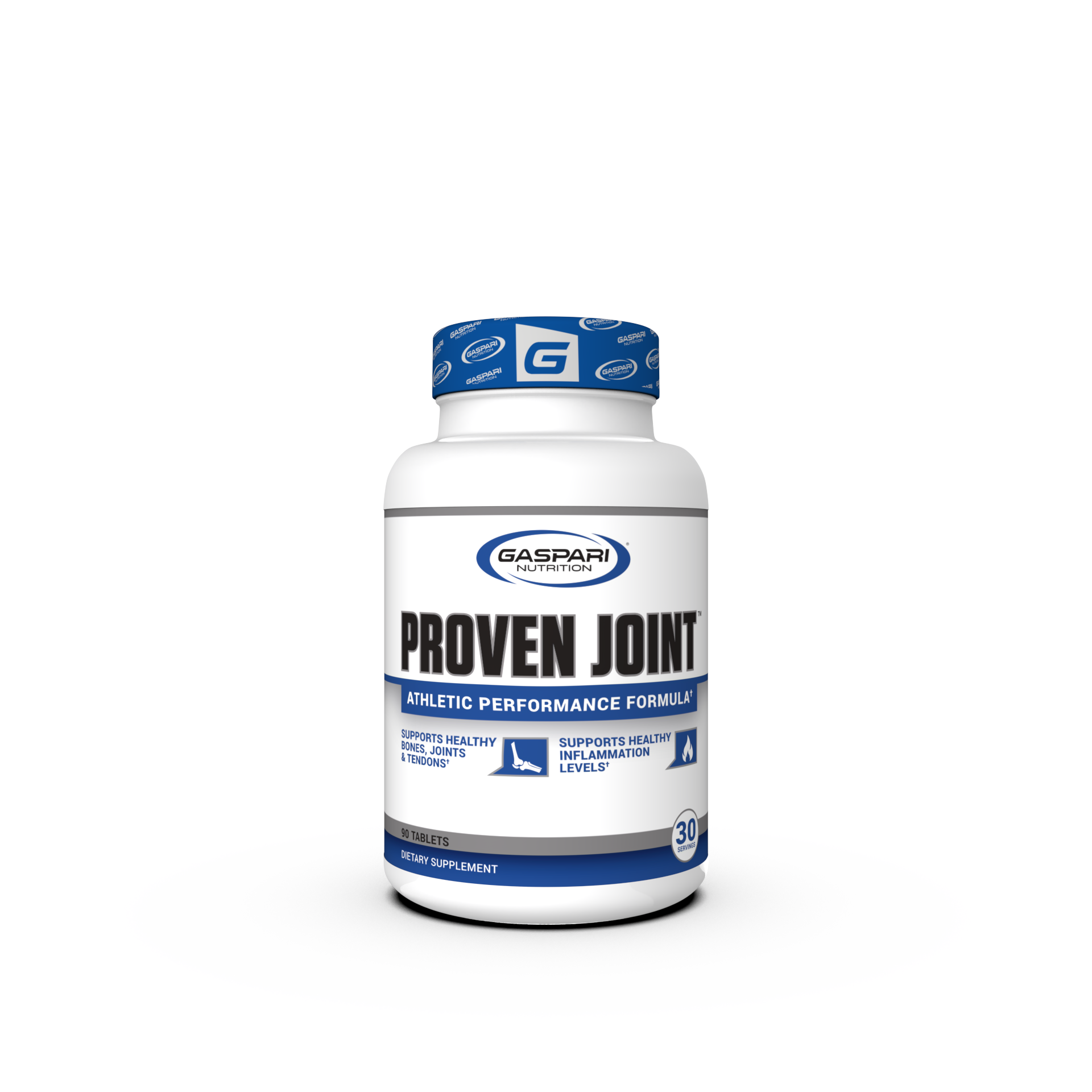








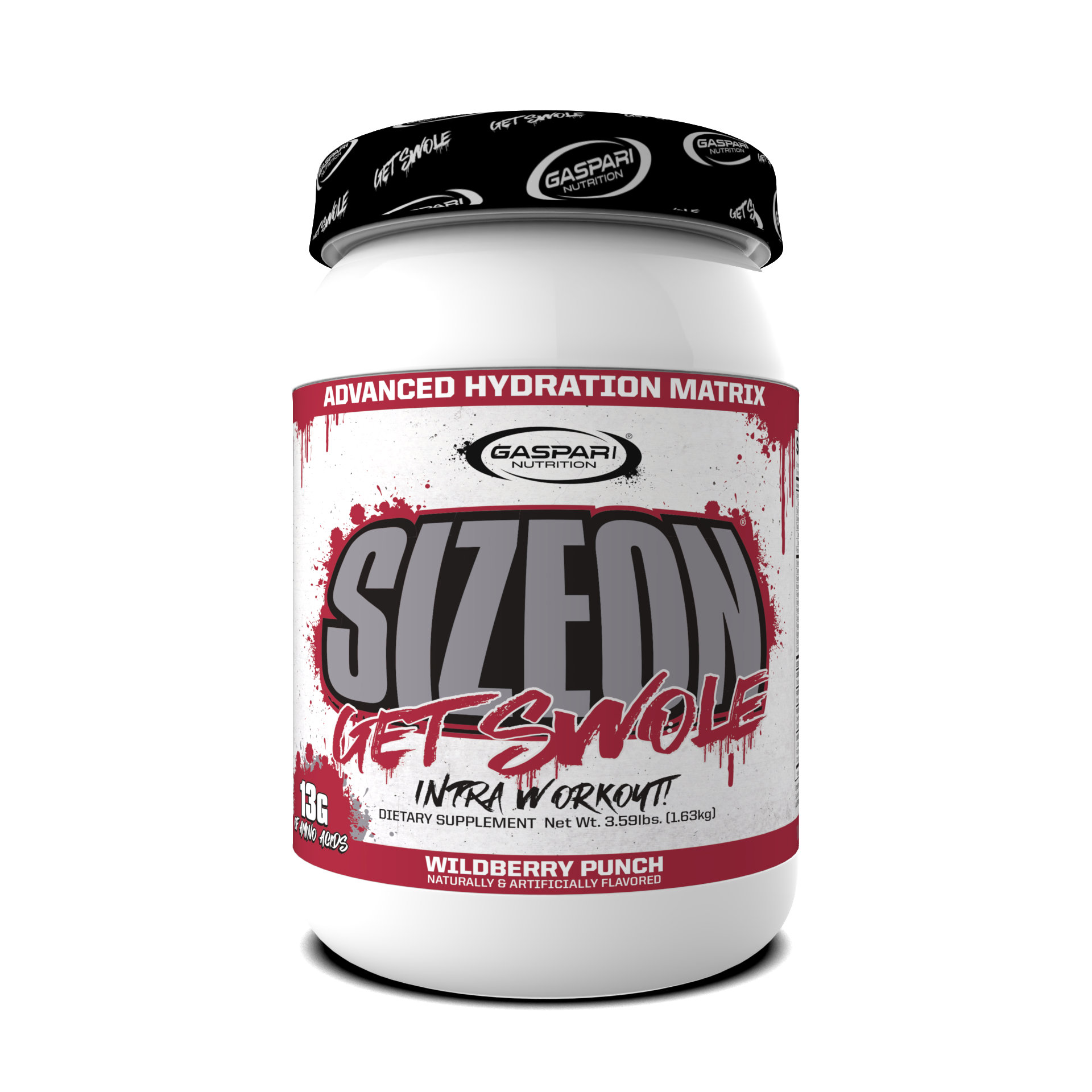


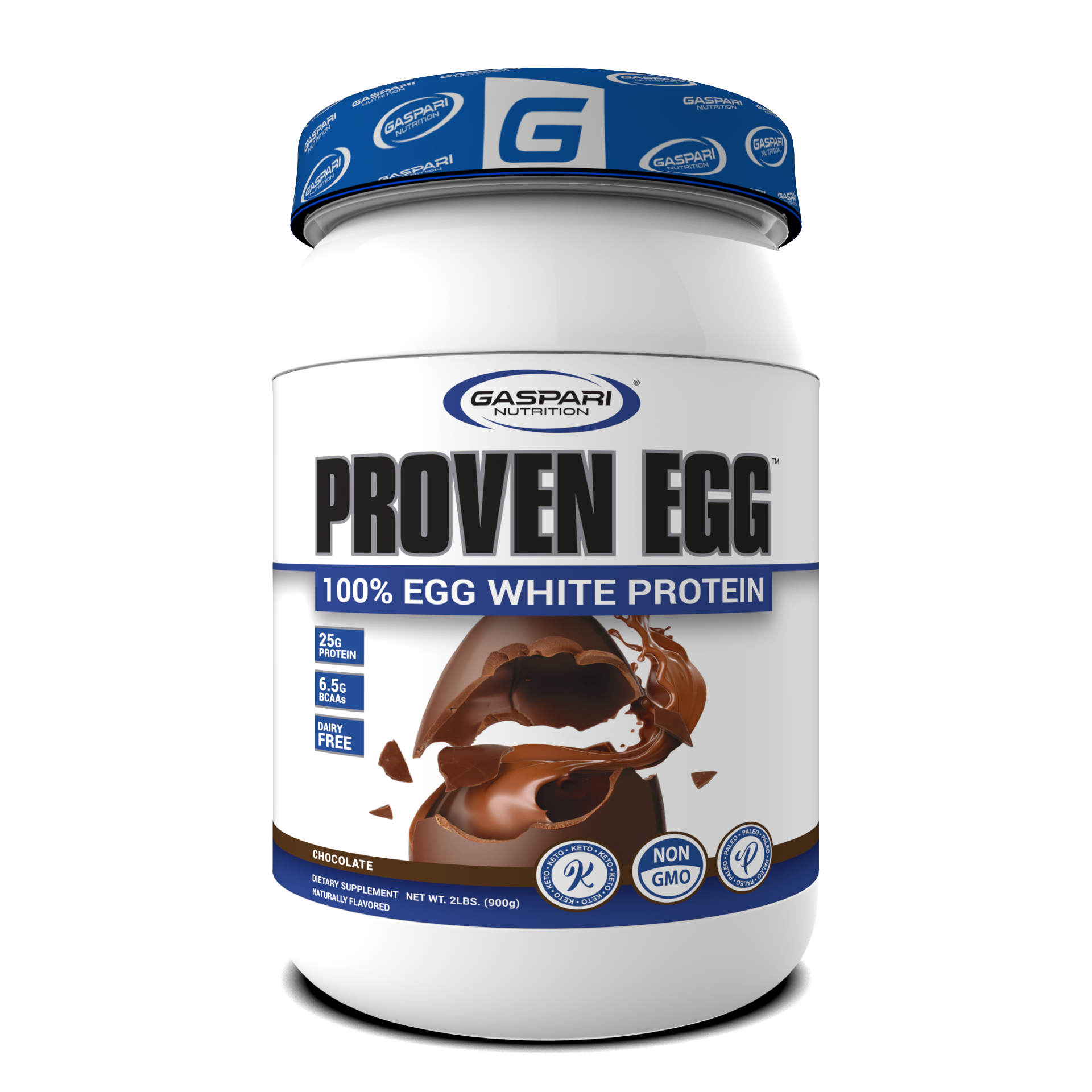

Share:
Leveling Up Our Health Supplements!
What is Sports Nutrition?